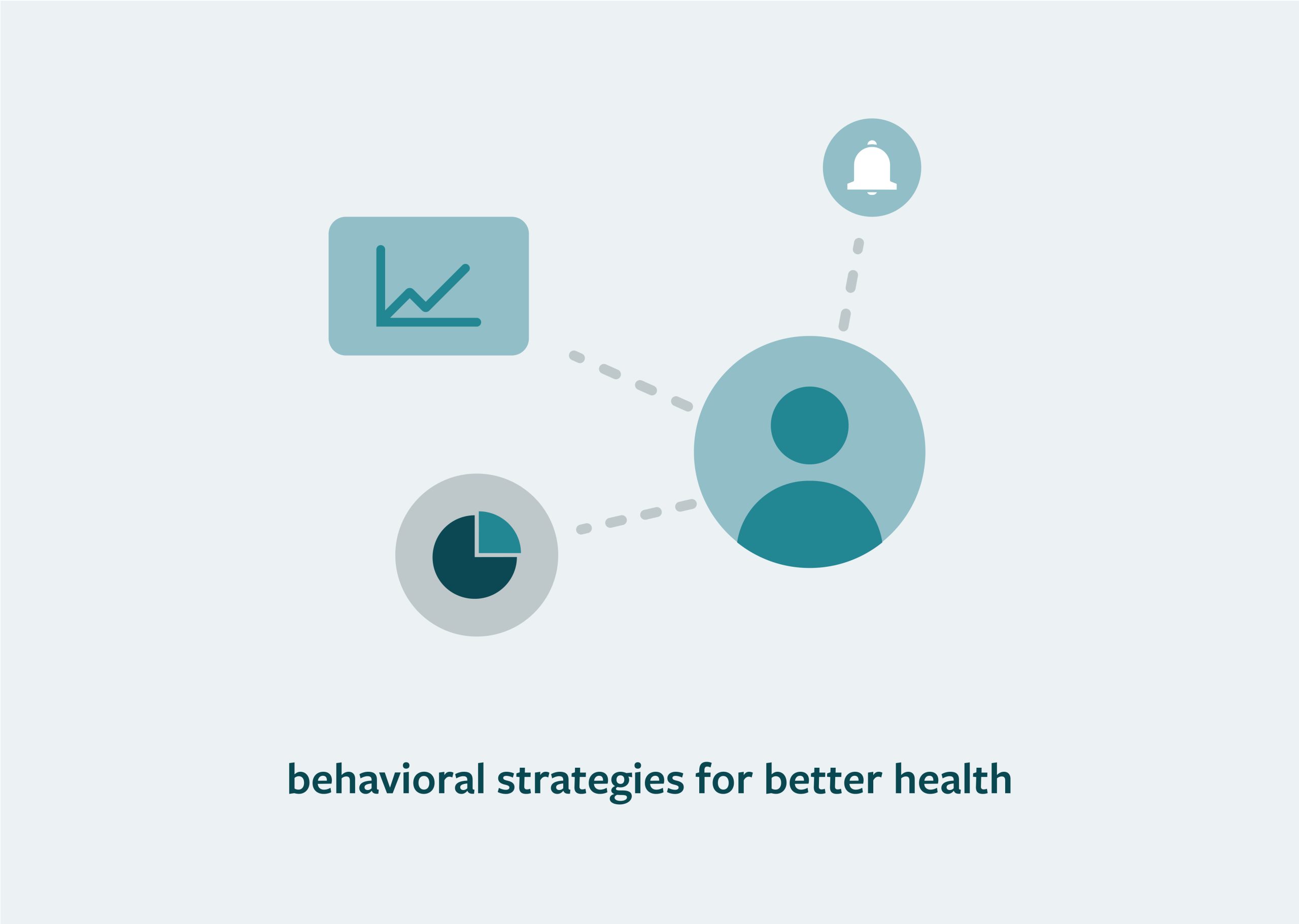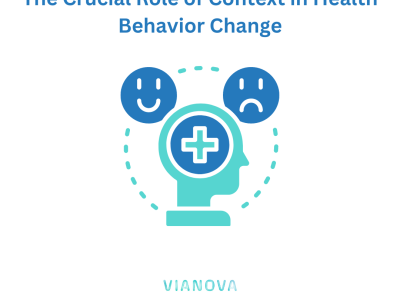
Overcoming Procrastination in Managing Chronic Conditions: Lessons from Behavioral Psychology
Procrastination is a pervasive issue that affects people in various aspects of life, and when it comes to managing chronic illnesses, it can be particularly detrimental. The tendency to delay important healthcare tasks can lead to worsened health outcomes and increased stress for individuals living with chronic conditions. In this article, we will explore the common issue of procrastination in managing chronic illnesses and discuss strategies informed by behavioral economics that can help individuals overcome their tendencies to delay important healthcare tasks.
The Procrastination Challenge
Procrastination in chronic illness management can manifest in several ways:
Medication Adherence: Patients may delay taking medications, skip doses, or forget to refill prescriptions.
2. Lifestyle Changes: Necessary lifestyle adjustments, such as adopting a healthier diet or starting an exercise regimen, may be postponed indefinitely.
3. Appointment Attendance: Regular medical check-ups and specialist visits may be delayed or canceled, leading to gaps in care.
4. Monitoring: Patients may procrastinate in monitoring their vital signs or symptoms, missing crucial warning signs.
Behavioral Economics Strategies
Behavioral economics offers valuable insights into understanding and addressing procrastination in healthcare management. Here are some strategies that can be effective in helping individuals overcome procrastination:
1. Commitment Devices: Commitment devices involve making a binding commitment to achieve specific healthcare goals. These can include signing agreements with healthcare providers to adhere to medication schedules, setting up automatic prescription refills, or enlisting the support of a trusted friend or family member to hold them accountable.
2. Immediate Rewards: Immediate rewards can provide the necessary motivation to overcome procrastination. Healthcare tasks can be associated with small, immediate rewards, such as tracking progress in a health journal, earning points towards a rewards program, or enjoying a favorite treat after completing a healthcare task.
3. Behavioral Contracts: Behavioral contracts involve setting clear, achievable goals for managing chronic conditions and rewarding oneself upon successful completion. These contracts can be written agreements that outline specific tasks, deadlines, and rewards for meeting healthcare milestones.
4. Social Support: Building a strong support network can help individuals overcome procrastination. Friends, family, or support groups can provide encouragement, reminders, and a sense of accountability to help individuals stay on track with their healthcare tasks.
5. Reminders and Automation: Leveraging technology for reminders and automation can reduce the cognitive load associated with healthcare management. Using smartphone apps, medication reminder systems, or wearable devices can help individuals stay organized and on schedule.
Benefits of Addressing Procrastination
Overcoming procrastination in managing chronic conditions can lead to several benefits:
1. Improved Health Outcomes: Timely and consistent healthcare management can lead to better control of chronic conditions and reduce the risk of complications.
2. Reduced Stress: Addressing procrastination can alleviate the stress and anxiety associated with missed medications, appointments, or lifestyle changes.
3. Enhanced Quality of Life: Individuals can enjoy a higher quality of life by actively participating in their healthcare and experiencing the positive effects of improved health.
4. Cost Savings: Preventing complications through proactive management can lead to cost savings in healthcare expenses.
Procrastination is a common challenge in managing chronic conditions, but it can be overcome with the right strategies. Behavioral economics provides valuable tools and insights to help individuals take charge of their healthcare by addressing procrastination tendencies. By implementing commitment devices, creating immediate rewards, and seeking social support, individuals can improve their adherence to healthcare tasks, ultimately leading to better health outcomes and a higher quality of life.



FEEL FREE TO DROP US A LINE.